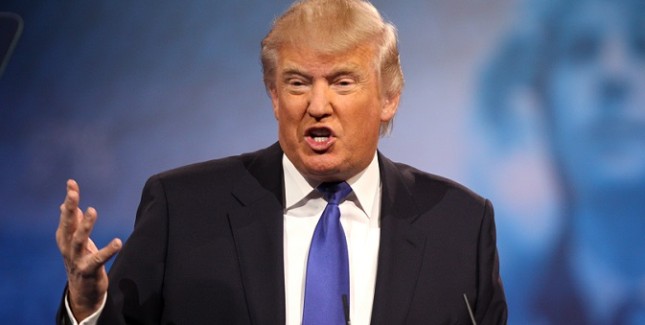The 9th Circuit Court of Appeals upheld an injunction against President Donald Trump’s new travel ban on Monday, which means that the president’s executive order to ban immigrants from six Muslim majority countries will continue to be blocked.
Judges Michael Hawkins, Ronald Gould and Richard Paez were expected to strike down the ban as arguments became combative. Attorneys from both sides were questioned about federal statutes and the depth of federal laws.
Even though oral arguments finished almost a month ago, Trumps constant tweets about the ban has been making the Justice Department’s defense harder.
“Further, the Order runs afoul of other provisions of the INA that prohibit nationality-based discrimination and require the President to follow a specific process when setting the annual cap on the admission of refugees,” the published decision reads. “On these statutory bases, we affirm in large part the district court’s order preliminarily enjoying Sections 2 and 6 of the Executive Order.”
“Indeed, the President recently confirmed his assessment that it is the ‘countries’ that are inherently dangerous, rather than the 180 million individual nationals of those countries who are barred from entry under the President’s ‘travel ban,’” it read.
A footnote also pointed out that White House press secretary Sean Spicer said that whatever Trump Tweets should be “considered official statements by the President of the United States.”
“The second executive order says its rationale for suspending visas for 90 days was that conditions in the six nations ‘present heightened threats,’” Republican strategist Karl Rove explained. “The Department of Homeland Security was given 20 days to ‘conduct a worldwide review’ and determine what ‘additional information will be needed’ to vet visitors properly. Those countries would then have 50 days to ‘begin providing’ the requested information. If any refused, no visas would be issued for their citizens to enter the U.S.”
 Photo Credit: Flicker
Photo Credit: Flicker